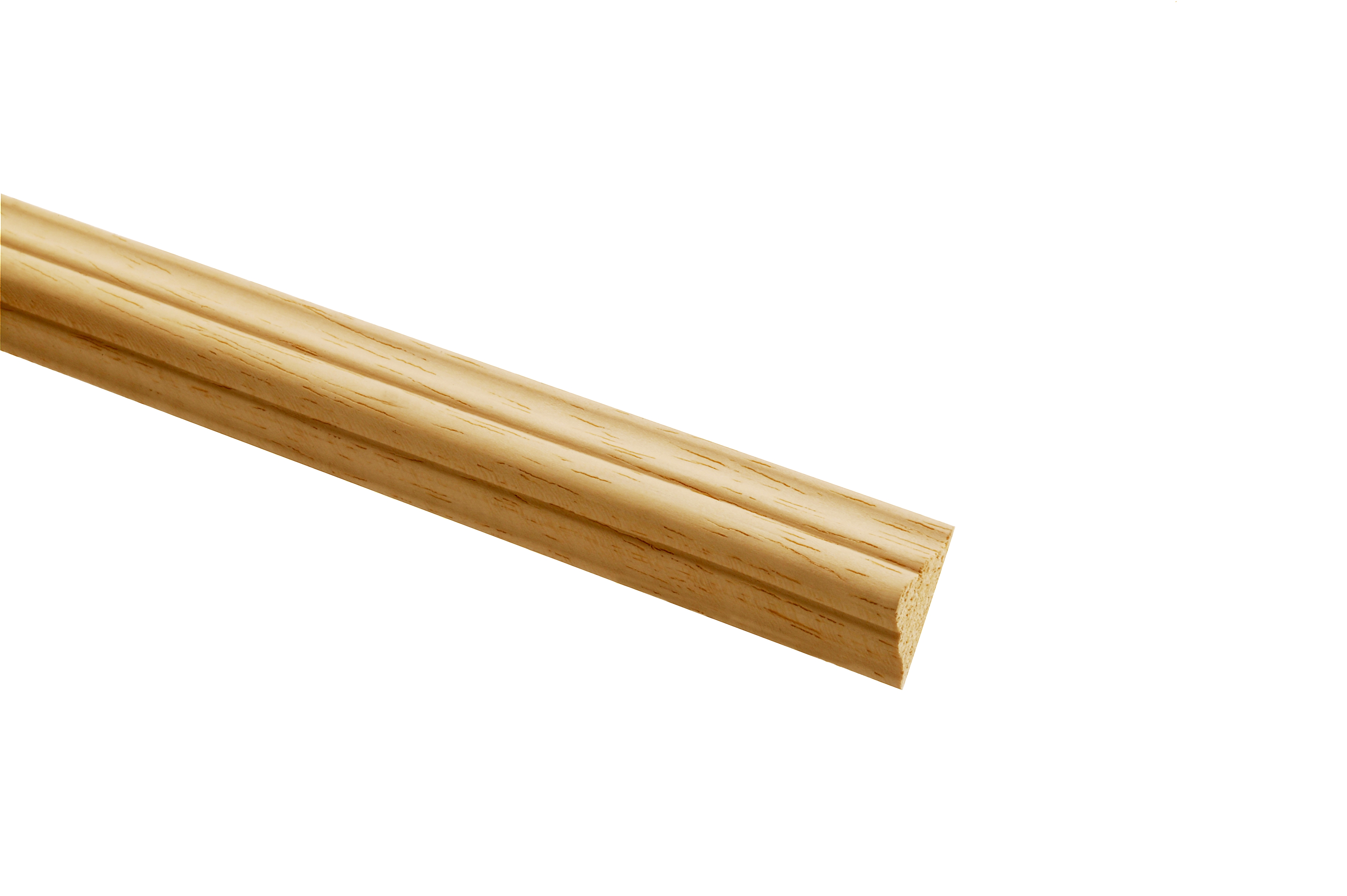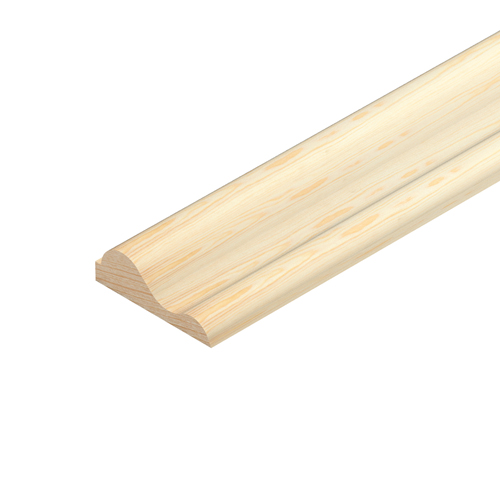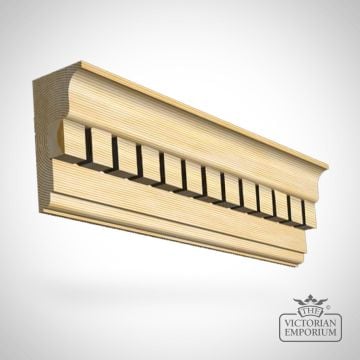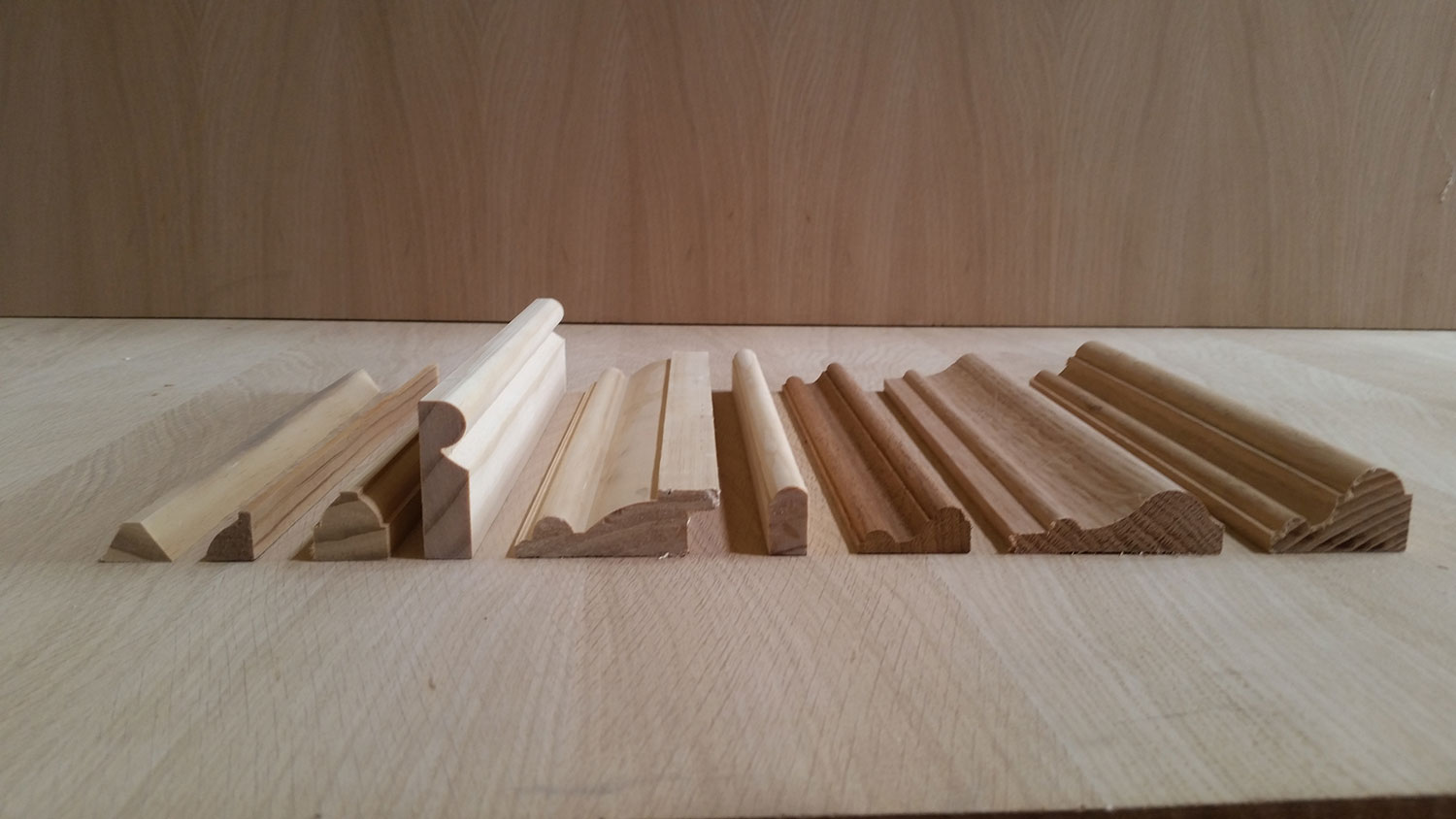Hardwood decorative mouldings can significantly enhance the elegance and style of your home. Whether you’re renovating a room or building a new space, these beautiful accents offer both aesthetic appeal and practical benefits. In this comprehensive guide, we will explore the various types of hardwood mouldings, their installation, maintenance, and how to choose the best options for your style.
What Are Hardwood Decorative Mouldings?
Hardwood decorative mouldings are materials used to enhance the architectural detail of a room. Commonly made from woods like oak, maple, or cherry, these mouldings serve both decorative and practical purposes—adding character while covering gaps between surfaces.
Types of Hardwood Decorative Mouldings
Understanding the different types of hardwood mouldings available can help you choose the right ones for your project. Here’s a breakdown of the most common types:
Crown Moulding
Crown moulding is installed where the walls meet the ceiling. It adds height and elegance to a room.
Pros:
- Enhances room height
- Available in various styles
- Can make a room appear more finished
Cons:
- Requires precise installation
- Can be costly depending on the style
Baseboards
Baseboards are installed at the bottom of walls. They protect the walls from scuffs and add a finished look to the room.

Pros:
- Durable and protective
- Available in various heights and styles
- Easy to paint or stain
Cons:
- May require replacement if damaged
- Can gather dust and dirt
Chair Rails
Chair rails are horizontal mouldings installed at chair height. They protect walls from damage and can divide wall colors.

Pros:
- Protects walls from damage
- Adds visual interest
Cons:
- May not fit all decor styles
- Requires additional painting efforts
Benefits of Using Hardwood Decorative Mouldings
Incorporating hardwood mouldings into your home comes with numerous benefits:
- Enhances Aesthetics: Mouldings can elevate the design of any room.
- Increases Property Value: Well-designed interiors with mouldings can boost overall home value.
- Provides Practical Solutions: They can cover unsightly gaps and transitions.
- Durability: Hardwood is long-lasting and can withstand wear and tear.

How to Choose the Right Moulding for Your Home
Consider Your Decor Style
Your choice of mouldings should complement your home’s architectural style. Traditional homes may benefit from ornate crown moulding, while modern homes may prefer sleek and simple designs.
Match the Wood Type
It’s essential to select mouldings that match the existing woodwork in your home. This creates a cohesive look. Popular choices include oak, maple, and birch.

Scale and Proportion
Consider the scale of your rooms. Taller ceilings may look great with larger mouldings, while lower ceilings may benefit from simpler, smaller options.
Installation of Hardwood Decorative Mouldings
Installing hardwood mouldings can be a rewarding DIY project or a task for professionals. Here’s a simple overview of the installation process:

Tools and Materials Needed
- Measuring tape
- Miter saw
- Nail gun or hammer
- Wood glue
- Sandpaper
- Paint or stain
- Caulk
Step-by-Step Installation Guide
- Measure: Measure the length of the area where you’ll install the moulding.
- Cut: Use a miter saw to cut the moulding to the correct lengths, accounting for corners.
- Attach: Attach the mouldings using a nail gun or hammer, ensuring they are flush against the wall.
- Fill Gaps: Use caulk to fill gaps and joints for a clean finish.
- Finish: Sand and paint or stain to match your decor.

Comparison Table: Hardwood Moulding Options
| Type | Material | Cost (per linear foot) | Installation Difficulty |
|---|---|---|---|
| Crown Moulding | Oak | $3 – $10 | High |
| Baseboards | Maple | $1 – $5 | Medium |
| Chair Rails | Cherry | $2 – $8 | Medium |
Maintenance of Hardwood Decorative Mouldings
To keep your hardwood mouldings looking great, regular maintenance is necessary:
Cleaning
Dust and wipe down your mouldings regularly. Use a soft cloth and a mild cleaner to avoid damaging the finish.

Repairing Damage
If you notice any scratches or dents, use wood fillers for minor repairs, and consider repainting or refinishing if necessary.
Regular Inspections
Check for any signs of wear, especially in areas prone to moisture. Ensure that caulk remains intact to prevent gaps from forming.
Cost of Hardwood Decorative Mouldings
The cost of hardwood mouldings varies based on the type of wood, style, and length. Here’s a general breakdown:
- Simple baseboards: $1 – $5 per foot
- Intricate crown mouldings: $3 – $10 per foot
- Specialty designs: $5 – $15 per foot
In addition to the cost of the mouldings, consider installation fees if hiring professionals—a factor that can add $2 to $7 per linear foot.
FAQs About Hardwood Decorative Mouldings
What’s the best wood for decorative mouldings?
The best wood for decorative mouldings depends on your style and budget. Oak is durable and popular, while softer woods like pine can be more affordable but may wear more quickly.
Can I install mouldings myself?
Yes, many homeowners choose to install mouldings themselves. However, precise cutting and measuring are essential for a professional look.
How do I maintain my hardwood mouldings?
Regular dusting, cleaning with mild solutions, and inspecting for damage are key to maintaining your mouldings.
Can mouldings increase home value?
Yes, well-installed mouldings can enhance the beauty of your home and may contribute to an increase in property value when it comes time to sell.